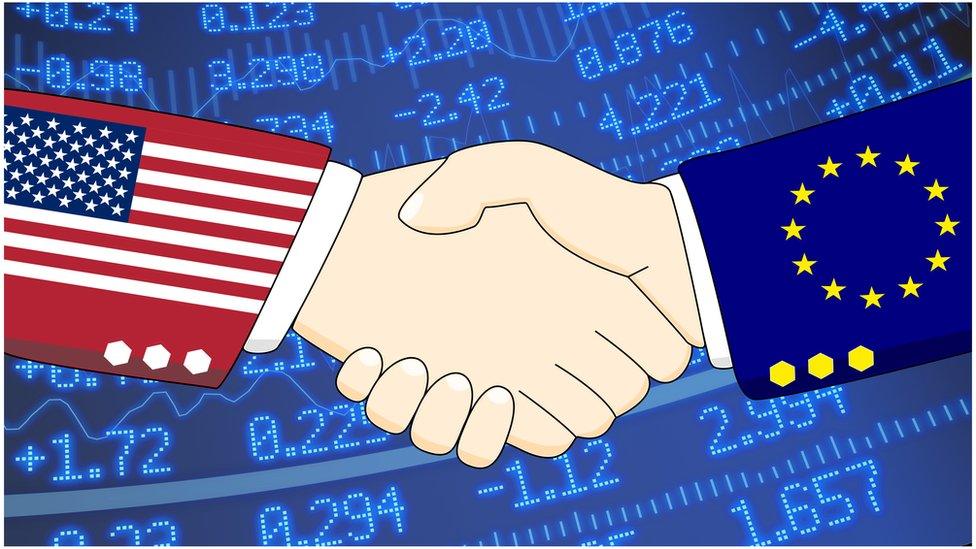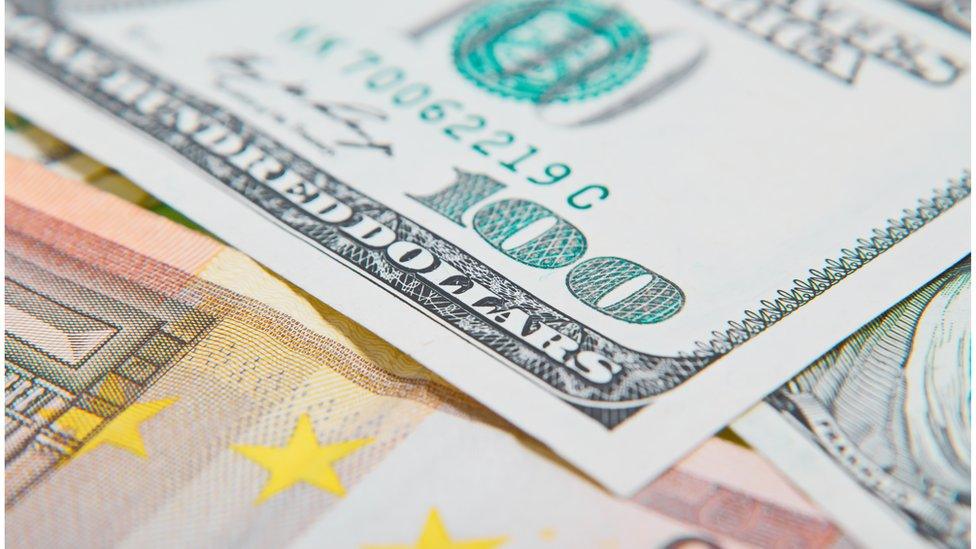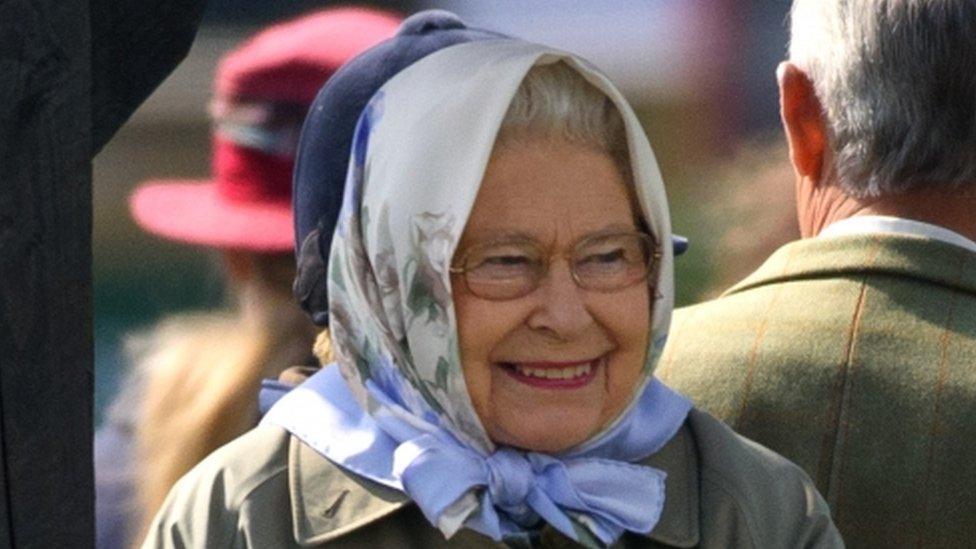EU referendum has a familiar feel to it in Scotland
- Published

Will anyone ever make a film based on the EU referendum? Probably not. But if someone is interested there are lots of people in Scotland who could help them write the script. Because as the EU referendum campaign enters its final act many of us here in Scotland feel like we have seen this movie before.
The story seems eerily familiar as it so closely mirrors the plot of the Scottish independence referendum. It even has a remarkably similar cast of characters from the Queen to Barack Obama.
Leave campaigners are furious that the governor of the Bank of England has stepped into a highly political debate with his warning that "a vote to leave the EU could have material economic effects". But they probably shouldn't be surprised.
He wasn't afraid to weigh in to the Scottish referendum campaign - most notably when he warned that the SNP's desired plan to share the pound with the rest of the UK in a currency union would be "incompatible with sovereignty" which was seen as a sizeable blow to pro-independence campaigners at the time.
The potential economic consequences of leaving a large trading bloc are central to the EU debate. Just as they were in the Scottish referendum. And the Treasury too has played its part before in warning voters how much leaving might cost them.
Recently the Treasury published its analysis saying that leaving the EU would cost UK households £4,300, claims that were immediately rubbished as scaremongering by opponents.
'Project Fear'
The Treasury got a similar response from the SNP when it published its predictions that Scottish independence could cost every household £2,000.
Remain campaigners across the UK have been accused of running "Project Fear", a name that also came from the Scottish referendum. It started as an in joke among Better Together staffers that was turned against them. Now the term has gone nationwide to be used against those who want to stay inside the EU.

As Better Together learned the hard way, it is difficult to make an energetic and enthusiastic case for the status quo. Easier to warn about the dangers of a leap in the dark.
Alongside economic warnings, security fears are another reliable way to try to motivate voters. Five former Nato secretaries general have warned that a Brexit would be " very troubling" and would "give succour to the West's enemies".
Sound familiar? It should. Remember when George Robertson - one of those who signed the anti-Brexit letter - warned that Scottish independence would have a "cataclysmic" impact on the world. Britain's enemies would "cheer loudest", he said, and "the forces of darkness would simply love it" if the UK broke up.
President Obama was criticised for sticking his oar into the British political process when he made clear his preference for the UK staying in the EU. But he too has form. He stood beside David Cameron a few months before the Scottish vote and said: "We obviously have a deep interest in making sure that one of the closest allies we will ever have remains a strong, robust, united and effective partner."
On both occasions it was much debated how much he really cared about the result or whether he just doing a favour for the PM.
Buckingham Palace insists the Queen is completely neutral over the referendum and vigorously denied newspaper suggestions she had been critical of the EU in private conversations. And royal officials denied that Prince William was expressing any view on the EU when he made a speech to diplomats at the Foreign Office, saying: "In an increasingly turbulent world, our ability to unite in common action with other nations is essential."
Kensington Palace said the prince was not talking about the EU. "This speech was not about Europe," a palace spokesman said. "He does not mention the word Europe once."
'Think carefully'
But cast your mind back to the Sunday before the Scottish independence vote and the comment the Queen made to a well-wisher outside Crathie Church near Balmoral.
"Well, I hope people will think very carefully about the future," she said, in remarks that sounded studiously neutral but were welcomed by No campaigners as a warning about the risks of independence. It emerged later that Britain's most senior civil servant and the Queen's private secretary had carefully crafted the statement after senior figures in Whitehall and Downing Street became very worried about the outcome of the vote.

So if the EU referendum continues to follow the Scottish script, what we can we expect in the weeks to come? Will we see a celebrity intervention quite so stellar as when David Bowie sent Kate Moss to the Brit Awards to deliver the message, "Scotland stay with us."
If there is a poll in the last fortnight before the vote that shows the Leave side in the lead expect the kind of political panic amongst the leaders of all the major parties that led to "the Vow" in Scotland. And don't expect the result to put an end to the debate.
In 20 months since the independence referendum, Scottish politics has been turned on its head. The SNP have never been so popular as since they lost the vote in September 2014.
Anyone who thinks the EU referendum will put an end to the debate over Britain's future in Europe - in or out - may want to take a quick a glance north of the border, where politicians are already fighting over when to have another referendum.